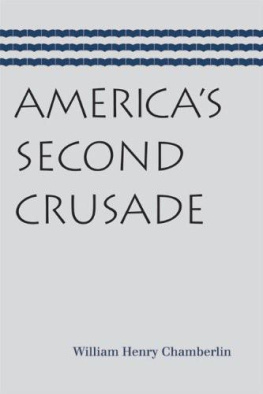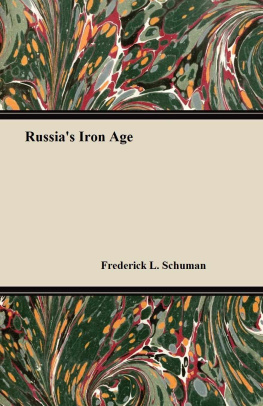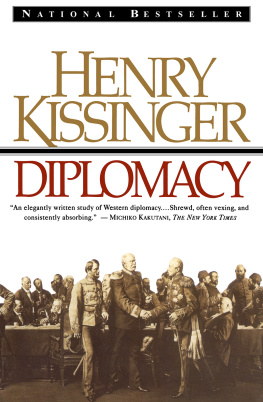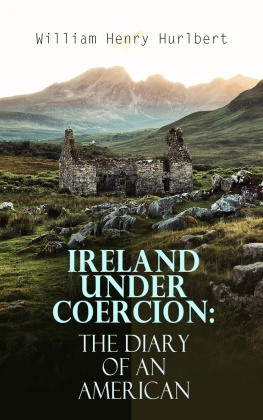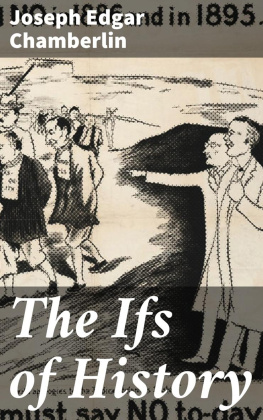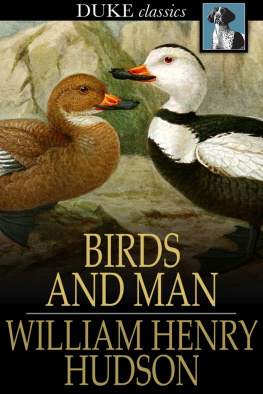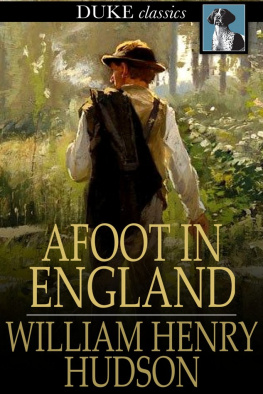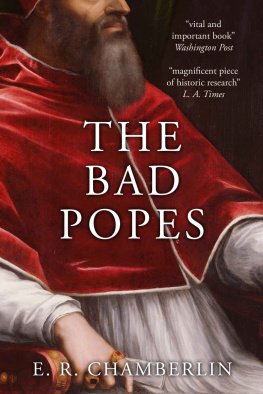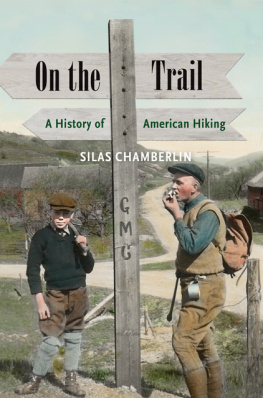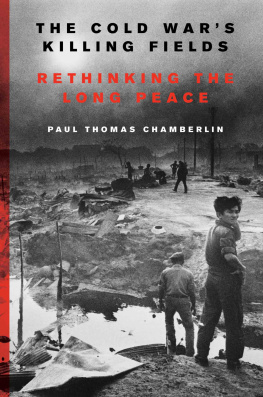William Henry Chamberlin - Americas Second Crusade
Here you can read online William Henry Chamberlin - Americas Second Crusade full text of the book (entire story) in english for free. Download pdf and epub, get meaning, cover and reviews about this ebook. year: 2008, publisher: Liberty Fund Inc., genre: Politics. Description of the work, (preface) as well as reviews are available. Best literature library LitArk.com created for fans of good reading and offers a wide selection of genres:
Romance novel
Science fiction
Adventure
Detective
Science
History
Home and family
Prose
Art
Politics
Computer
Non-fiction
Religion
Business
Children
Humor
Choose a favorite category and find really read worthwhile books. Enjoy immersion in the world of imagination, feel the emotions of the characters or learn something new for yourself, make an fascinating discovery.
- Book:Americas Second Crusade
- Author:
- Publisher:Liberty Fund Inc.
- Genre:
- Year:2008
- Rating:3 / 5
- Favourites:Add to favourites
- Your mark:
Americas Second Crusade: summary, description and annotation
We offer to read an annotation, description, summary or preface (depends on what the author of the book "Americas Second Crusade" wrote himself). If you haven't found the necessary information about the book — write in the comments, we will try to find it.
William Henry Chamberlin (18971969) was an American journalist best known for his writings on the Cold War, Communism, and U.S. foreign policy.Was World War II a failure? It is an unthinkable thought in the American political ethos. but noted American journalist and author William Henry Chamberlin dares think it, from the vantage point of the immediate postwar world of 1950.Not one of the positive goals set forth in the Atlantic Charter and the Four Freedoms has been realized. There is no peace today, either formal or real. Over a great part of the world there is neither freedom of religion nor freedom of speech and expression. Freedom from fear and want is now an outstanding characteristic of the present age. The right of national self-determination, so vigorously affirmed in the Atlantic Charter, has been violated on a scale and with a brutality seldom equalled in European history.Further: No war in history has killed so many people and left such a legacy of miserable, uprooted, destitute, dispossessed, human beings.The opponents of entry argued that even if totalitarianism was beaten in Europe, the war would bring socialism to the United States. Chamberlin argued that they were not only correct about this but there was also the bitter irony that totalitarianism was not in fact beaten in Europe.Stalin got what he wanted in Poland: a frontier that assigned to the Soviet Union almost half of Polands prewar territory and the abandoment by American and Great Britain of the Polish government-in-exile in London.... Yalta put the seal on the process which had begun at Teheran of betraying the East Europeans who preferred free institutions to communism.Chamberlain sums up in a quotation from a friend in Paris: You know, Hitler really won this war -- in the person of Stalin.If you have ever been curious about the postwar attitude of those who oppose Roosevelts march to war, this is your book. He makes a very strong case - and a courageous one given the times.400 page, paperback, 6x9, 2008ISBN 978-0-86597-707-5Publication Information Henry Regnery Company, Chicago, 1950Updated 5/2/2012
William Henry Chamberlin: author's other books
Who wrote Americas Second Crusade? Find out the surname, the name of the author of the book and a list of all author's works by series.

